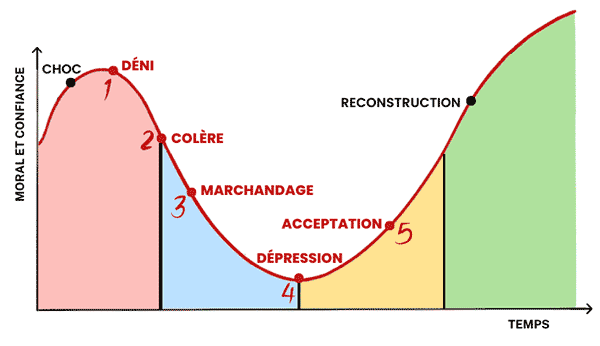
Everyone who receives help or care at home will have to deal with major changes from 2015 onwards.
On 1 January 2015, the new Long-term Care Act (Wlz) will replace the Exceptional Medical Expenses Act (AWBZ). Home care then falls under the Health Insurance Act (Zvw). The health insurers will be responsible for personal care (such as help with washing, dressing or going to the toilet) and for nursing care at home (for example, wound care and giving injections). As of 1 January, the municipalities will be subject to the provisions of the Social Support Act (Wmo), in addition to the At homestaff, responsible for extra tasks such as supervision, short-term stays and sheltered housing.
How are the municipalities going to deal with this?
The municipalities receive money from the central government for the extra tasks, but less than was previously available. There are significant savings. Also on domestic help. Some municipalities will unceremoniously cut home help, others will be more lenient. Municipalities have a lot of freedom to define how they arrange home help.
However, according to the Ministry of Health, Welfare and Sport (VWS): if you report a request for support, the municipality is obliged to investigate your personal situation. The municipality will first look at what a person can still do, what family and friends can do, and whether the use of general facilities is sufficient. Everything is aimed at letting people live at home for as long as possible with the help of their own partner, family and friends.
And what will the health insurers do?
Home care is also being cut. And here too, we look at what the patient’s own network can do to help. Health insurers make national agreements about ‘purchasing’ home care (home care organizations are now complaining that they are being squeezed in the process). Home care is performed at a local level by the district nurse. This care via the district nurse is now part of the basic health insurance package. The costs are not deducted from the patient’s deductible.
What will change for you?
That differs per situation. For example, do you have home help? Or a personal budget (pgb)? Do you foresee that you will soon need help or care?
You can read what changes in the following examples.
If you already have home help (help in the household) through the municipality:
Many municipalities will design domestic help in a different way from 1 January. They will have to make a transitional arrangement for those who now have home help, and they must inform clients about this. Many municipalities are late with this; Six weeks before the introduction, little is known in many places, as is also apparent from our research on the following pages.
Almost everyone hands in hours for domestic help. The amount of the personal contribution (which must be paid for the aid) can also change. If you have an AWBZ indication for home care, 2015 is a transition year. This means that you will keep the support you have now until December 31, 2015, unless your indication expires earlier. In 2015, your municipality will review and assess your request for help, and tailor the care accordingly.
If you already have home care (personal care or nursing care):
The district nurse and her team must review all current appointments before 1 May 2015. It is still unclear whether people will continue to have the same care afterwards. A transitional arrangement applies to those who now make use of home care.
If you do not yet have home help or home care, but do want to be eligible for it:
You can discuss your situation with the neighborhood team, the neighborhood team, the district nurse or the Social Support Office (Wmo) counter of your municipality. They should be in contact with each other, so it shouldn’t matter who you ‘start’ with.
Many municipalities have set up so-called ‘social neighborhood teams’ in which the various professionals work together. Someone from the neighborhood team or the municipality will then visit you to discuss what is going on, what you can still do yourself and what friends and relatives can possibly do, and whether you have to pay a personal contribution.
If you have a personal budget (PGB):
If you have an AWBZ indication for guidance, for example, then you will retain the right to the PGB that you currently have for the duration of your current indication (maximum 1 year). If you currently have a PGB from the Social Support Act from which you pay, for example, your domestic help, the municipality will inform you about the changes in 2015.
According to the Ministry of Health, Welfare and Sport, your municipality must make a transitional arrangement. If you (also) pay for nursing and care from the PGB, you will now have to deal with the health insurer for the ‘care part’. The PGB will continue to exist, but the rates may change.
Furthermore, from 1 January 2015, the personal budget will no longer be transferred to your own bank account, but to the Social Insurance Bank (SVB). The SVB will then pay your care providers on your instructions.
If you want to apply for a PGB:
This can be done at the Wmo counter of the municipality or your health insurer. Read more onwww.pgb.nl.
Thanks to Petra Schout (patient federation NPCF) and Fleur Kusters (Mezzo, national association for informal carers and volunteer care).
![]()
Sources):
- Plus Magazine












